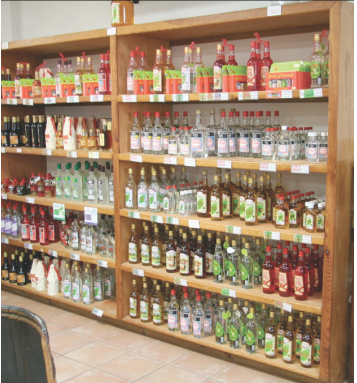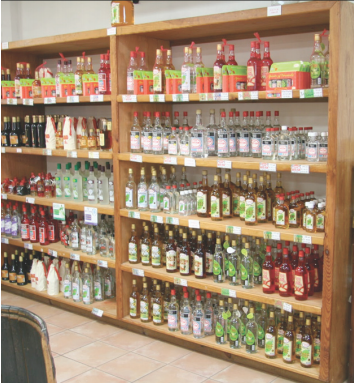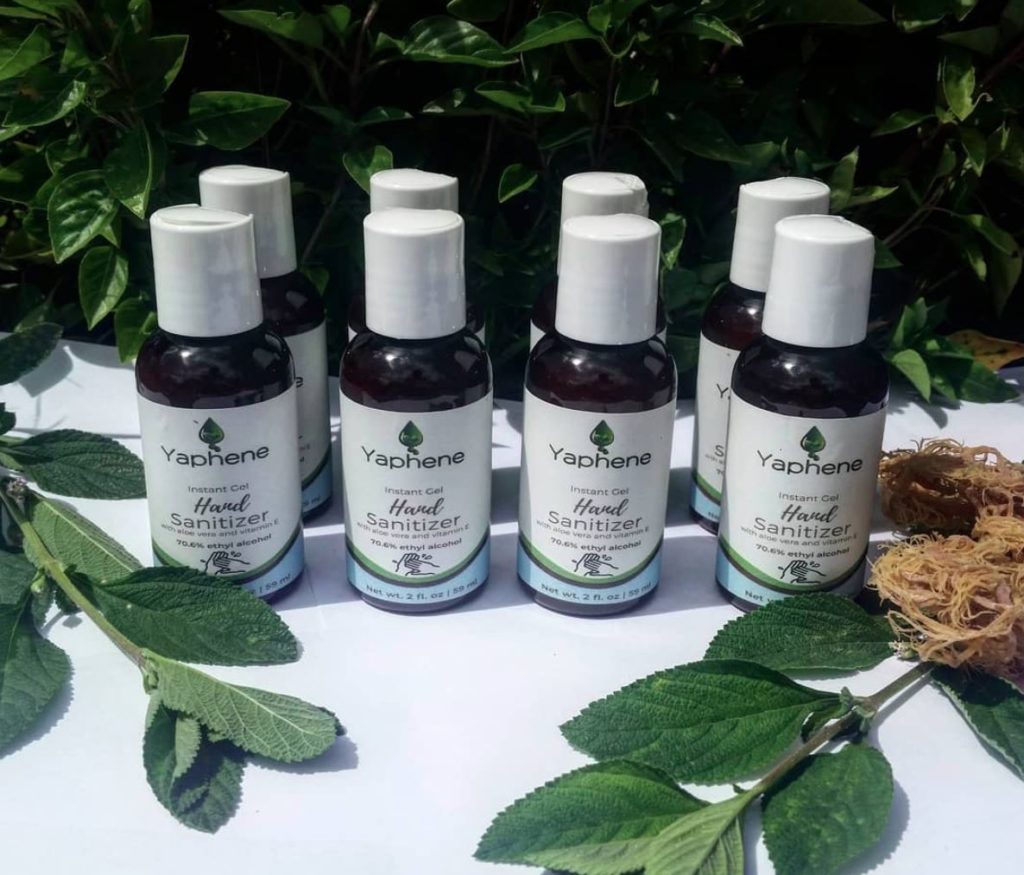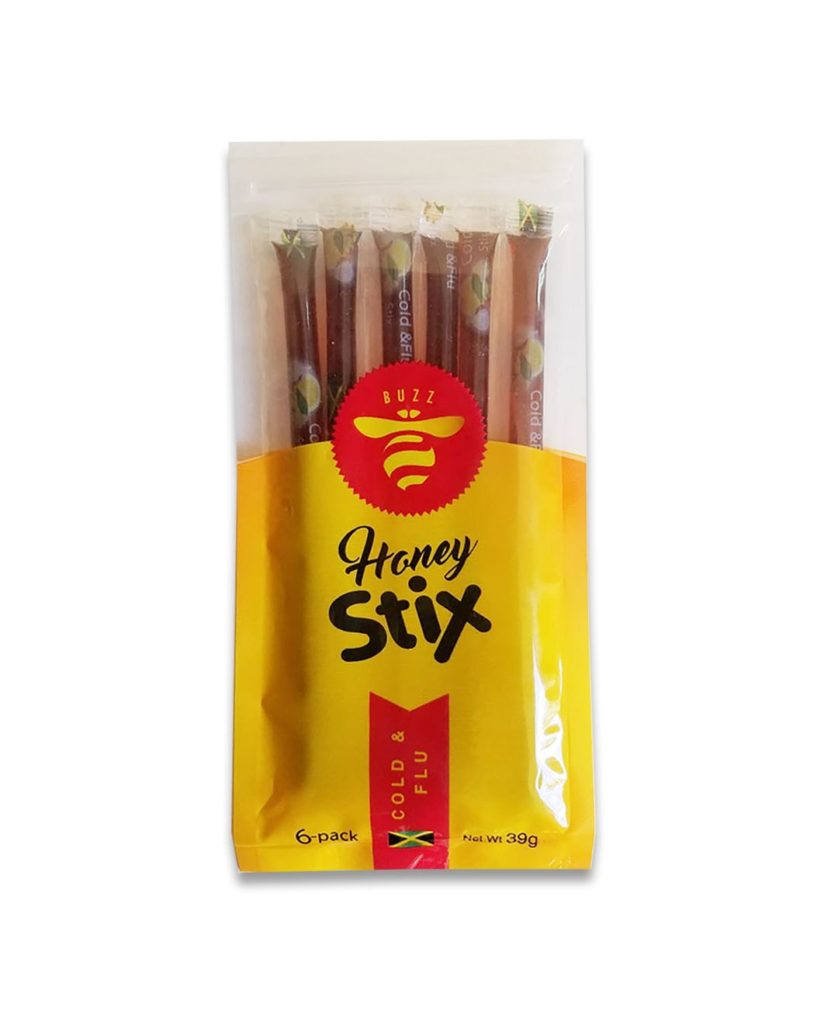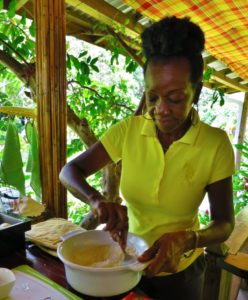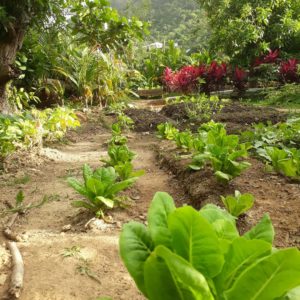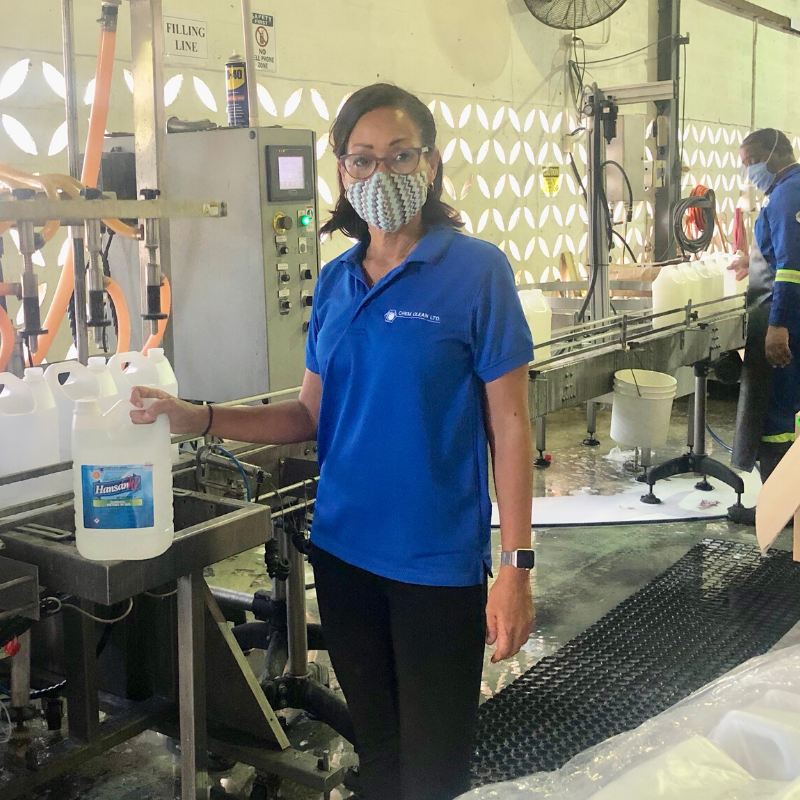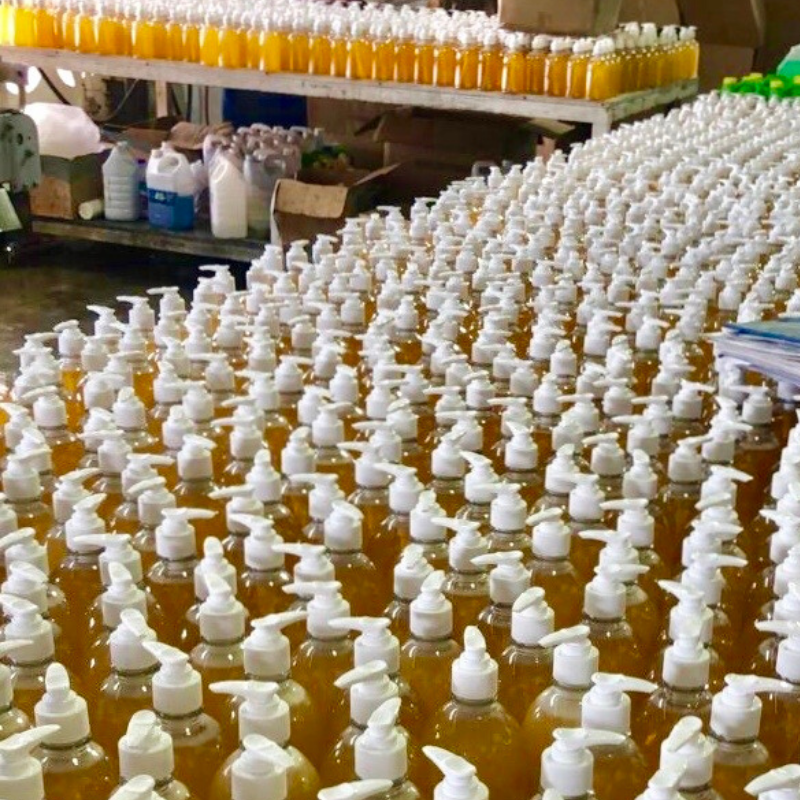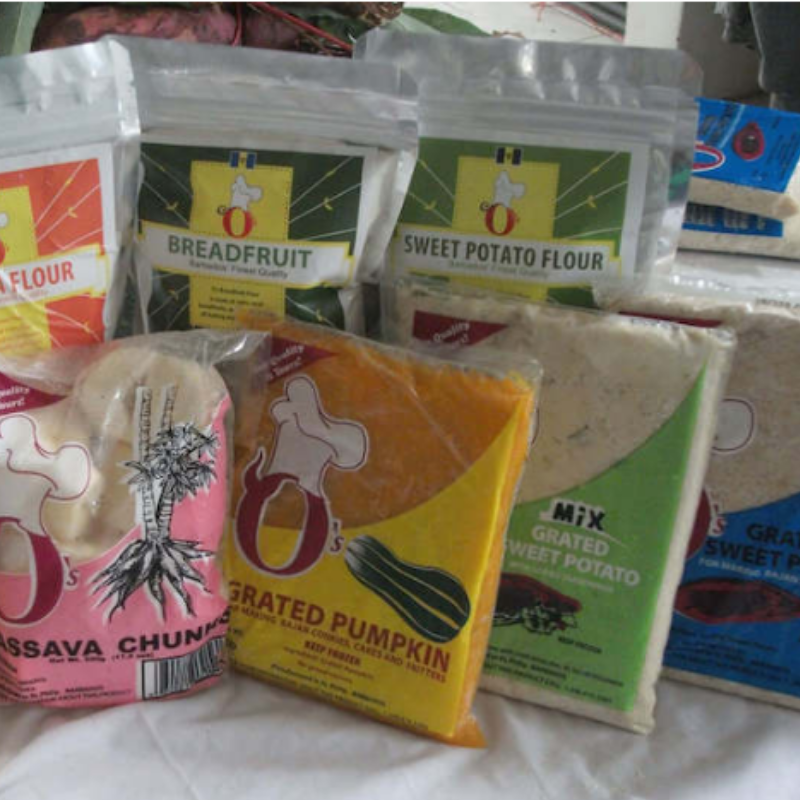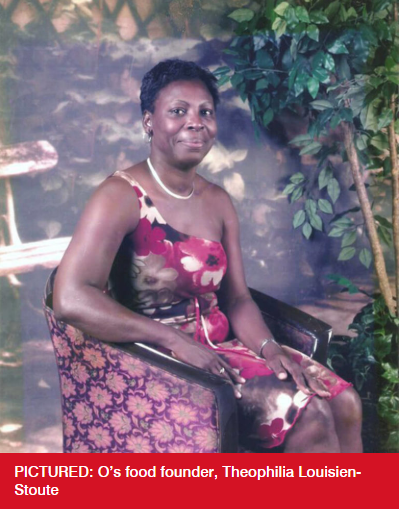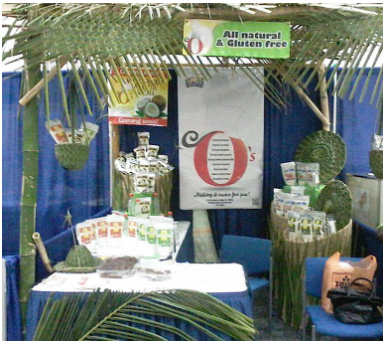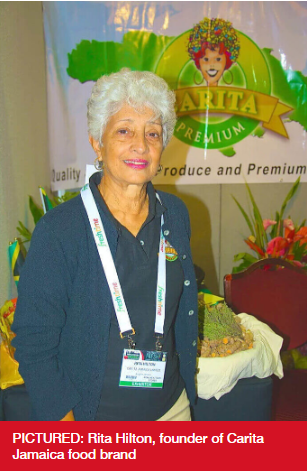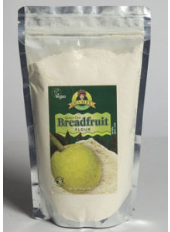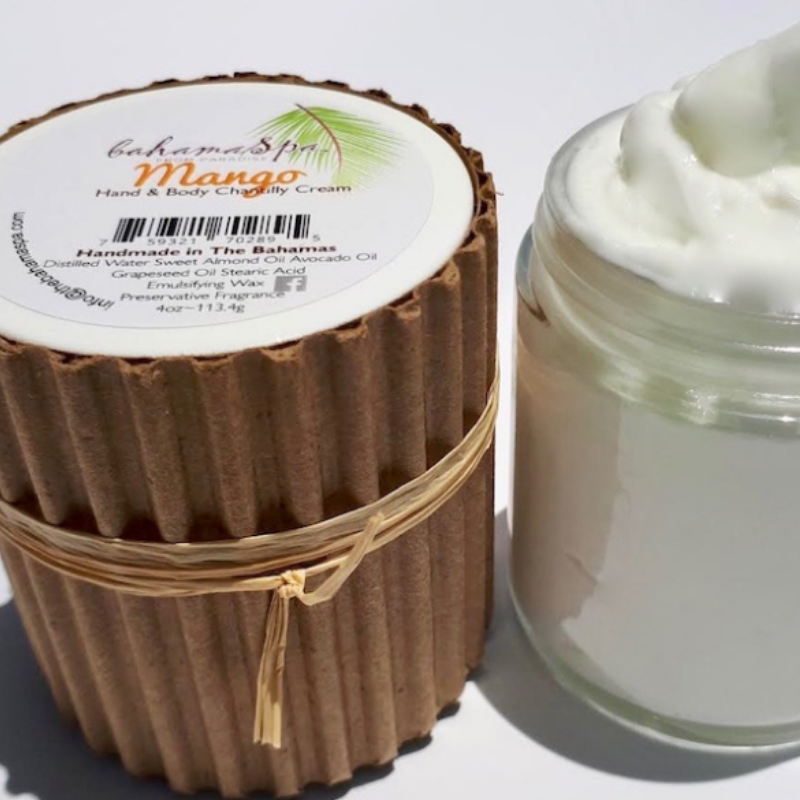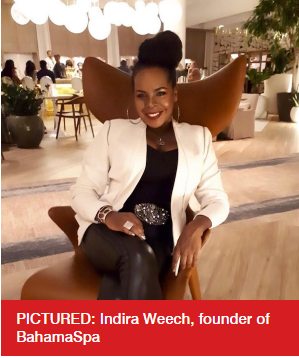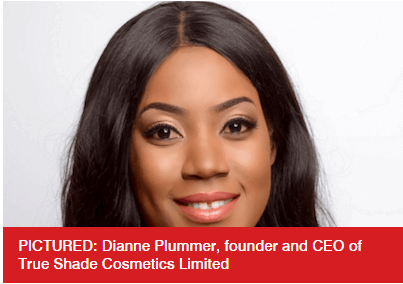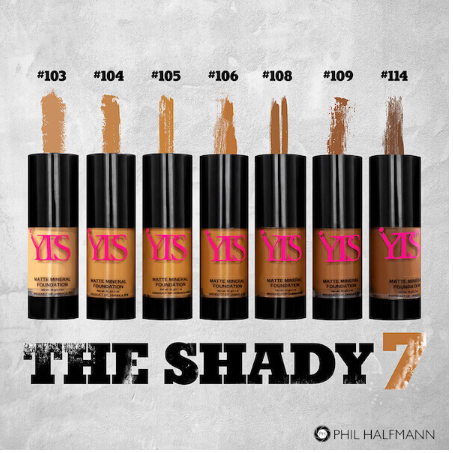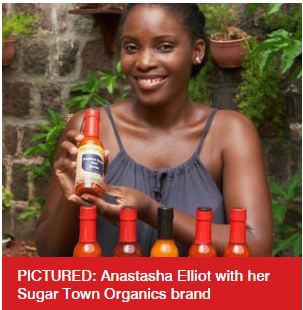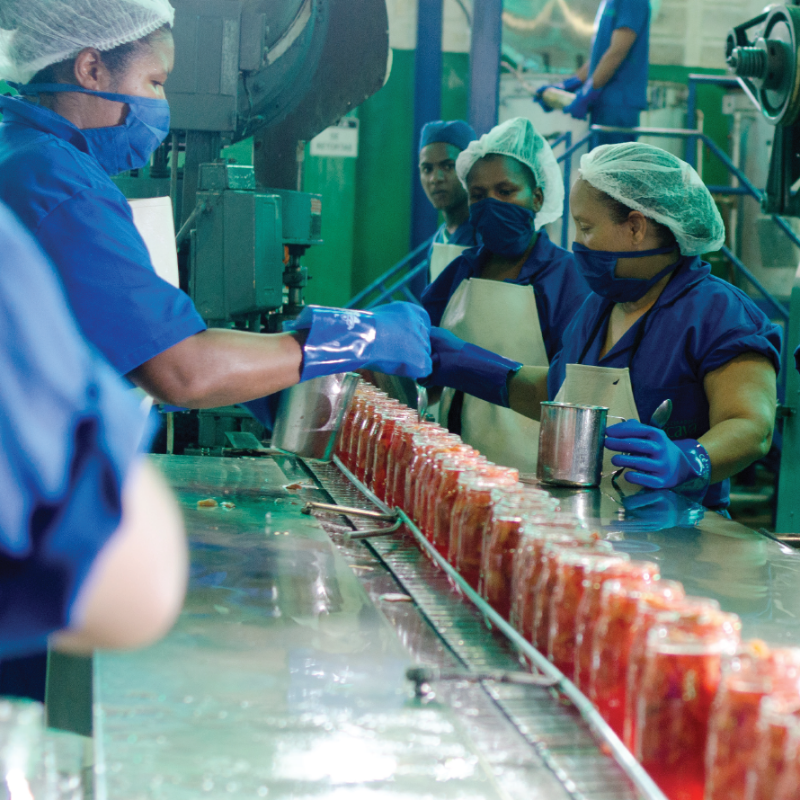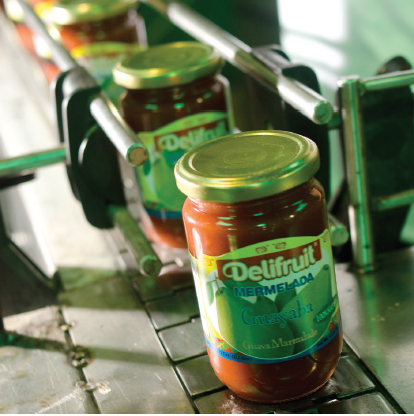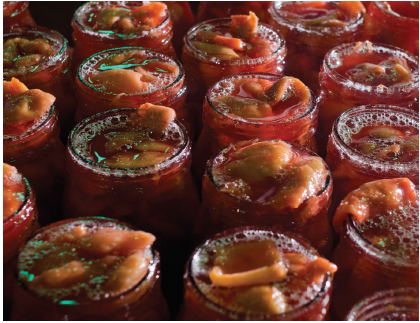Review inventory systems

This pandemic has disrupted global supply chains adversely affecting companies’ inventory levels. This brings inventory management to the fore as firms must balance having adequate stock levels to meet customer demands against holding too much stock which can have an adverse effect on cash flow. The cost of carrying inventory is usually higher than the cost of carrying accounts receivables. Therefore, focusing strategically on reducing inventory may improve a company’s bottom line. Moreover, studies have shown that improving inventory management processes can help businesses reduce spending by as much as 25%.
To strategically manage inventory in a way that creates fiscal space for the business, measurements such as monthly analyses of average inventory levels held in days, periodic inventory counts, and sales forecasts are useful. An optimum inventory level should be the goal as too much or too little can be costly to your business. There are useful formulae like SQRT (2SO/CP) which helps businesses to determine economic ordering quantities. While not a silver bullet, it helps to answer two critical questions regarding inventory levels: how much and how often should inventory be ordered? There are numerous types of inventory management systems available to SMEs. Because optimizing inventory levels is a key component of managing cash flow levels, it is important for building financial resilience in SMEs.
Leverage bank & government initiatives

Securing livelihoods and stimulating economic recovery are priorities for governments across the region and several initiatives to support businesses have already been announced. Similarly, banks are offering their business clients opportunities to improve liquidity through restructuring debt repayments and revising interest rates. Here are some of a few examples of what is happening across the region.
Debt Repayments: In the Dominican Republic, credit restructuring is in place to ensure that debtors’ credit ratings are not reduced because of payment arrears caused by the current situation. In Belize, the Central Bank has extended the time (from 3-6 months) to classify non-performing loans for certain companies such as restaurants, transportation, and distribution. Both banks and credit unions have been encouraged to provide grace periods for servicing interest and/or principal components of commercial loans.
Interest Rates: In Trinidad and Tobago the Central Bank has requested money lenders to arrange deferred payments and to reduce interest rates for members. Interest rates on credit cards are expected to be reduced by 10-17% of existing rates. The Bank of Guyana has also urged commercial banks to reduce interest rates on loans and allow deferral of repayments for businesses while in Grenada, businesses in the agro-processing, agriculture and fisheries sector are being offered an interest rate of 3% from the Small Business Development Fund (SBDF).
Liquidity Access: In Barbados a BDS $40 Million VAT Loan Fund has been created to support VAT registered companies with an annual turnover of BDS $200,000 in sales whose cash flows have been severely disrupted by the pandemic. In Jamaica the Business Employee Support and Transfer of Cash (BEST Cash) is a program set up to provide temporary cash transfers to registered businesses operating in the tourism industry which are licensed with the Jamaican Tourist Board. In addition, the Trinidad & Tobago government will provide TT $100 million to the credit union movement for liquidity support to small businesses that qualify for credit union loans. Meanwhile in Grenada, the SBDF has increased its maximum threshold to EC $40,000 while the threshold for unsecured loans is EC$10,000. Lastly in the Dominican Republic the government through the Employee Solidarity Assistance Fund is covering part of the salary expenses in companies experiencing economic difficulties.
Direct Support Grants
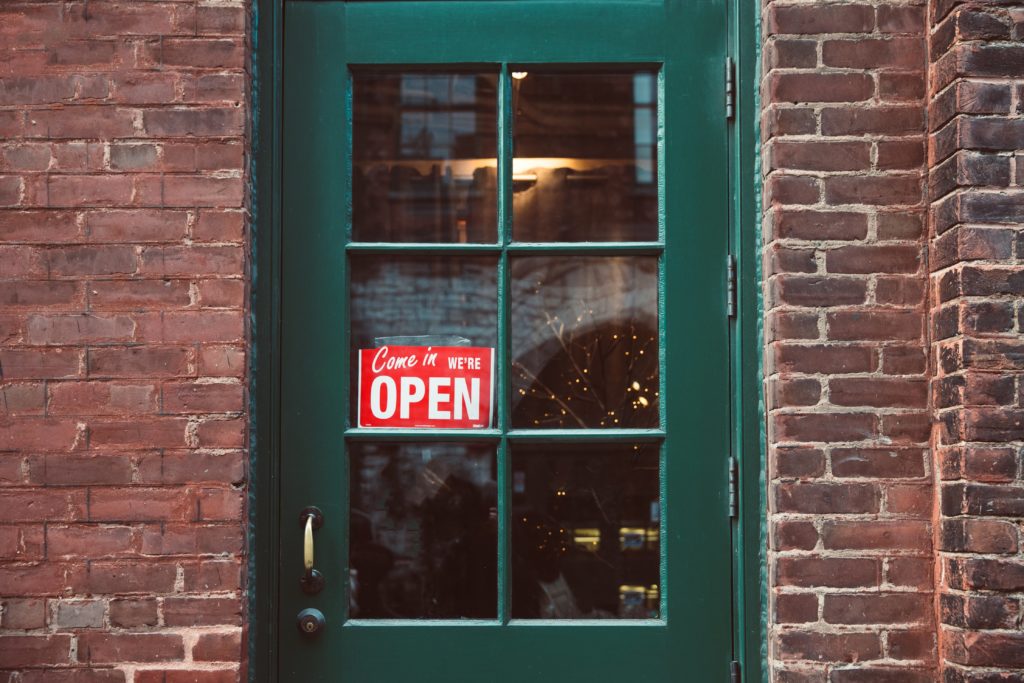
Caribbean Export Development Agency will be offering direct support grants to SMEs in CARIFORUM to support a several activities including business continuity via a new programme developed specifically to mitigate the impact of COVID-19 on business. This Direct Support Grant Programme is pegged to launch in July. Subscribe to our mailing list to be informed when the programme launches.
This list is by no means exhaustive and exporters are encouraged to explore the different types of support available in their respective countries. Building financial resilience must take place at the firm level through protecting cashflows, maintaining and using financial intelligence and strengthening inventory management. Fortunately, governments in the region have come to the aide of the private sector by creating the regulatory environment necessary to further strengthen private sector financial resilience.
Has your company reviewed and strengthened its financial management systems? Learn more about managing your cash flow in Building Financial Resilience in SMEs – Part 1.
